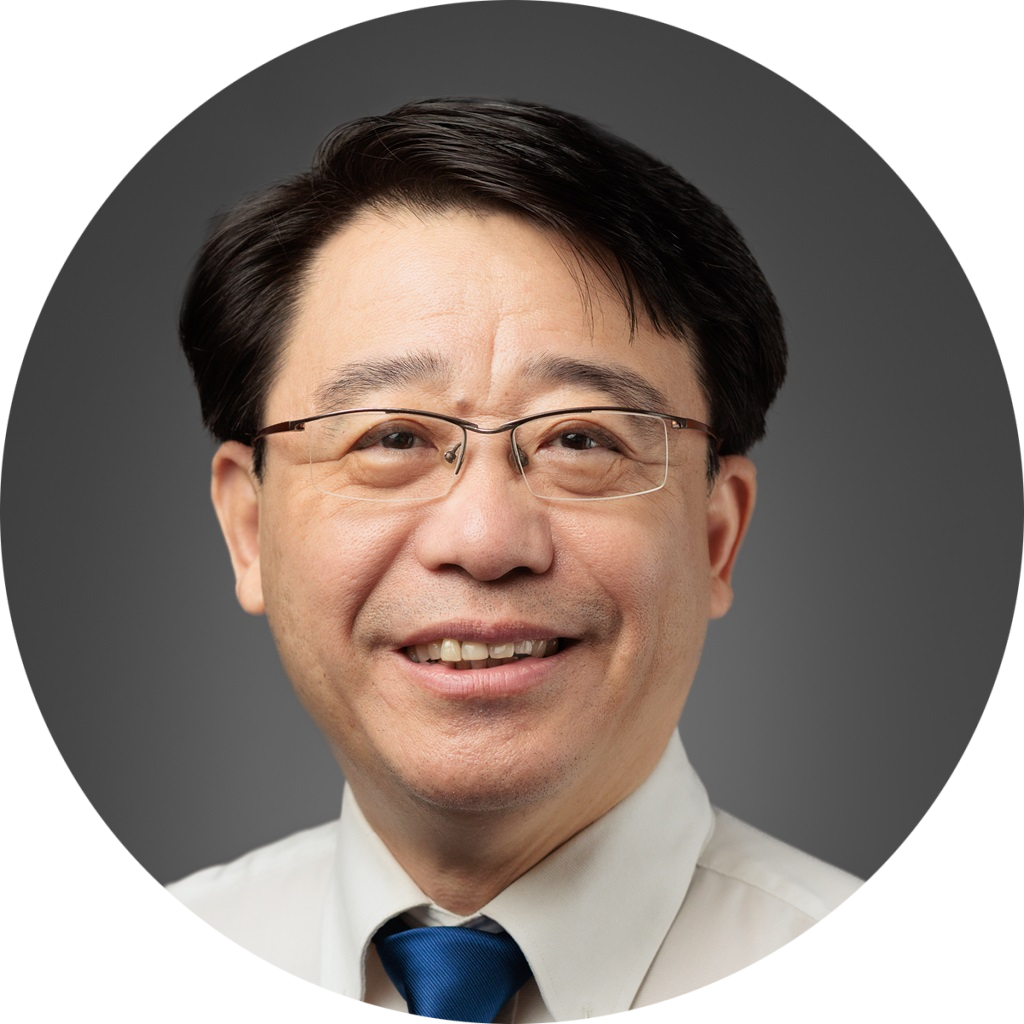- iciee_general@outlook.com
- +86-191-5889-7842
Keynote Speakers

Prof. Xiaoqing Wen
IEEE Fellow, World`s Top 2% Scientist
Kyushu Institute of Technology, Japan
Speech Title: Power-Aware LSI Testing: Present and Future
Abstract: With low power consumption becoming a key requirement for advanced LSI designs, the gap between functional power and test power has kept growing to such an extent that power-aware testing has now become a must. The foundation of power-aware testing is a complete understanding of the global impact of switching activity on peak and average power as well as the local impact of switching activity on IR-drop-induced delay increase along data and clock paths. This talk presents a holistic view on various aspects of power-aware testing, aimed at helping researchers and engineers to develop more sophisticated and complete solutions for controlling LSI test power.
Biography: Xiaoqing WEN received the B.E. degree from Tsinghua University, China, in 1986, the M.E. degree from Hiroshima University, Japan, in 1990, and the Ph.D. degree from Osaka University, Japan, in 1993. He was an Assistant Professor at Akita University, Japan, from1993 to 1997, and a Visiting Researcher at the University of Wisconsin–Madison, USA, from Oct. 1995 to Mar. 1996. He joined SynTest Technologies Inc., USA, in 1998, and served as its Vice President and Chief Technology Officer until 2003. He joined Kyushu Institute of Technology, Japan, in 2003, where he is currently a Professor with the Department of Computer Science and Networks. He is a Co-Founder and Co-Chair of Technical Activity Committee on Power-Aware Testing under Test Technology Technical Council (TTTC) of IEEE Computer Society. He has served as Associate Editors for IEEE Trans. on Computer-Aided Design of Integrated Circuits and Systems (TCAD), IEEE Trans. on Very Large Scale Integration Systems (TVLSI), and Journal of Electronic Testing: Theory and Applications (JETTA). He co-authored and co-edited the widely adopted VLSI test textbook “VLSI Test Principles and Architectures: Design for Testability” in 2006 and the first comprehansive book on power-aware VLSI testing “Power-Aware Testing and Test Strategies for Low Power Devices” in 2009. His research interests include design, test, and diagnosis of VLSI circuits. He has published more than 356 papers and holds 43 U.S. patents & 14 Japan patents. He received the 2008 Society Best Paper Award from IEICE-ISS. He is a Fellow of IEEE and a World’s Top 2% Scientist for his career-long impact.
(https://www.vlab.cse.kyutech.ac.jp/~wen/index.htm)

Prof. Alvaro Rocha
World's Top 1% Scientist by Stanford University (USA) and Elsevier (2023 & 2024)
University of Lisbon, Portugal
Speech Title: AI
Applications in Software Engineering: Transforming the Future
Abstract: Artificial Intelligence (AI) is driving a paradigm
shift in software engineering, transforming how software systems
are conceived, developed, tested, deployed, and managed by
moving from traditional human-centric development to
AI-augmented and agentic ecosystems. This keynote explores the
impact of Large Language Models and intelligent automation
across the entire software development lifecycle, including
automated requirements engineering through natural language
processing, AI-assisted system design and architecture
optimization, and enhanced CI/CD pipelines supported by
predictive analytics and intelligent deployment strategies. It
also discusses AI-driven code generation, automated refactoring,
and context-aware development support, which significantly
improve productivity, software quality, and technical debt
management, alongside advances in AI-enabled quality assurance
through automated test generation, predictive bug detection, and
optimized regression testing. Furthermore, the keynote examines
the role of AI in software project management, risk forecasting,
and decision support, enabling proactive and data-driven project
execution, while addressing emerging frontiers such as
neuro-symbolic AI, explainable AI, bias mitigation, and ethical
governance to ensure trustworthy and responsible software
systems. Finally, the presentation highlights the
democratization of software creation through human-AI
collaboration, outlining future opportunities and challenges in
shaping sustainable, transparent, and innovative AI-powered
software engineering practices.
Biography:
Álvaro Rocha is World's Top 1% Scientist by Stanford
University (USA) and Elsevier (2023 & 2024), World’s Top 0.05%
Scientist by ScholarGPS (2023), and World’s Top 1% Scientist by
ResearchGate for the domains of Information Science, Information
Systems and Business Informatics (2023 & 2024). He is a
Professor of Information Systems at the University of Lisbon –
ISEG and Honorary Professor at the Amity University, researcher
at the ADVANCE (the ISEG Centre for Advanced Research in
Management), and a collaborator researcher at the CINTESIS
(Center for Research in Health Technologies and Information
Systems). His main research interests are maturity models,
management information systems, quality of information systems,
intelligent information systems, cybersecurity, e-government,
e-health, and information technology in education. He is also
ViceChair of the IEEE Portugal Section Systems, Man, and
Cybernetics Society Chapter, and Founder and Editor-in-Chief of
two Scopus and SCIMago journals: JISEM - Journal of Information
Systems Engineering & Management; and RISTI - Revista Ibérica de
Sistemas e Tecnologias de Informação / Iberian Journal of
Information Systems and Technologies. Additionally, he is the
Scientific Manager of the Information Systems Engineering &
Management book series at Springer-Nature, the world's leading
publisher of publications in Science, Technology and Health.
Moreover, he has served as ViceChair of Experts for the European
Commission’s Horizon 2020 Program, and as an Expert at the COST
- intergovernmental framework for European Cooperation in
Science and Technology, at the European Commission’s Horizon
Europe Program, at the Government of Italy’s Ministry of
Universities and Research, at the Government of Latvia’s
Ministry of Finance, at the Government of Mexico's National
Council of Science and Technology, at the Government of Polish's
National Science Centre, at the Government of Cyprus's Research
and Innovation Foundation, and at the Government of Slovak's
Research Agency.
Álvaro Rocha has 393 publications indexed
in the Scopus database, with an H-Index of 29 and 3,527
citations. In Google Scholar, he has an H5-Index of 42 and 8,242
citations. He has 221 publications indexed in the Web of Science
(Core Collection), with an H-Index of 22 and 2,051 citations. On
ResearchGate, he has an H-Index of 34 and 5,696 citations and he
is among the top 2% of researchers worldwide across all research
fields and among the top 1% in his specific research areas:
Information Science, Information Systems, and Business
Informatics.
